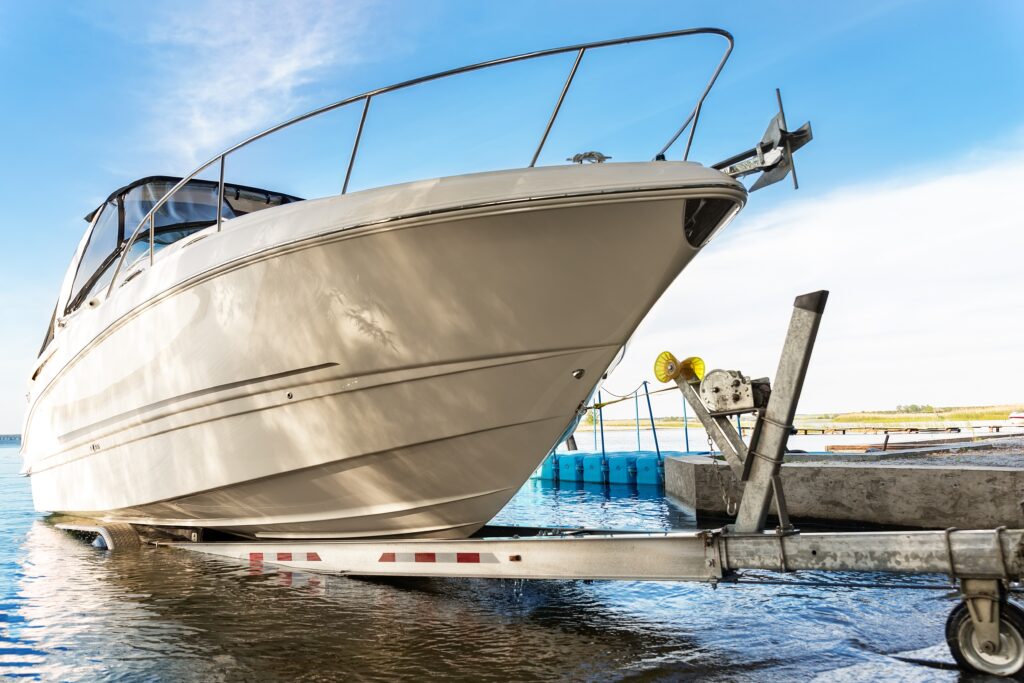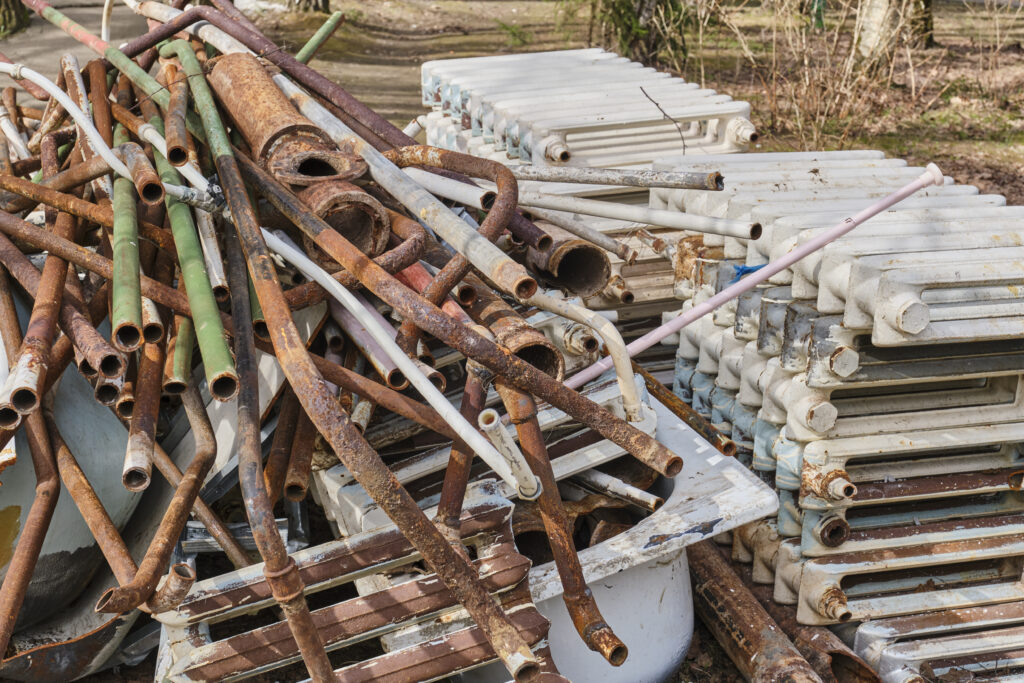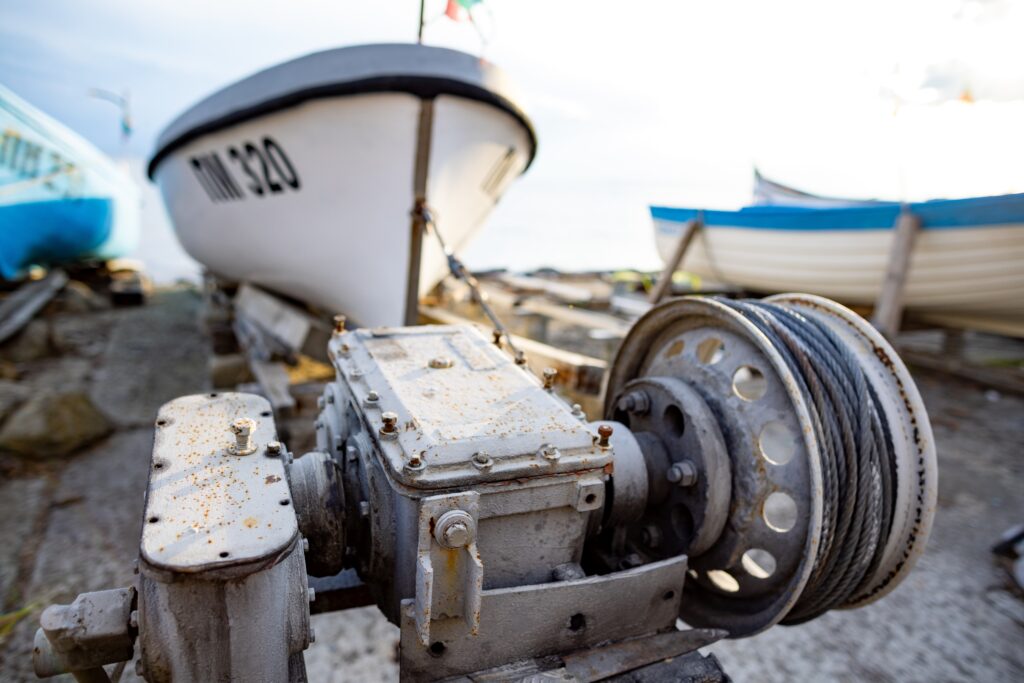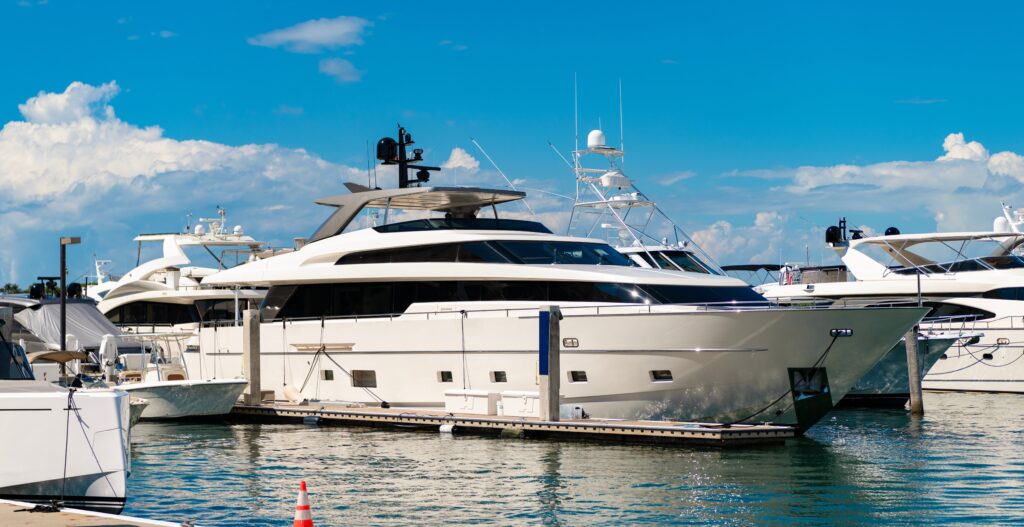Scrapping a boat trailer might not be something you think about often until the need arises. Whether it’s due to wear and tear, upgrades, or simply the end of the trailer’s lifespan, disposing of it properly is essential. Boat trailers are made from materials like steel, aluminum, and rubber that can often be recycled, but the process involves more than just dropping it off at a junkyard. In this article, we’ll explore the options for scrapping a boat trailer, factors to consider, and how to make the process as environmentally friendly and profitable as possible. In this article, we go over a few ways to answer your question, where can I scrap a boat trailer?

Understanding the Need for Scrapping
Boat trailers, like all vehicles, have a limited lifespan. Corrosion, structural damage, or simply outdated designs can render a trailer unusable or unsafe. Sometimes, it’s more cost-effective to scrap an old trailer than to repair it, especially if the repairs exceed the trailer’s value. Knowing where to scrap your trailer ensures you dispose of it responsibly while potentially recovering some value from its recyclable components.
Local Scrap Yards
The most common destination for a boat trailer is a local scrap yard. Scrap yards specialize in recycling metal parts, making them an excellent option for steel or aluminum trailers. To find a scrap yard near you, a quick online search for “scrap yards near me” or “metal recycling centers” will yield local results.
Before heading to the scrap yard, contact them to confirm they accept boat trailers. Some facilities may have size restrictions or require you to remove non-metal components like rubber tires or electrical wiring beforehand. Additionally, ask about the current rates for scrap metal. The value of your trailer will depend on its weight and the type of metal it’s made from, with aluminum typically fetching a higher price than steel.

Recycling Centers
If your trailer isn’t in a condition to be sold or reused but is made primarily of recyclable materials, a recycling center may be an alternative to a scrap yard. Recycling centers often focus on breaking down materials into reusable components, ensuring minimal waste.
Many centers will accept parts of the trailer, such as the tires, axles, or lights, even if they don’t take the entire trailer. Be sure to call ahead to inquire about what they accept and whether they charge any fees.
Selling for Parts
Another viable option is to sell the trailer for parts. Even if the trailer is no longer roadworthy, individual components like axles, wheels, winches, and lights may still have value. Online marketplaces such as eBay, Craigslist, or Facebook Marketplace can connect you with buyers looking for used parts.
This option may take more effort, as you’ll need to disassemble the trailer and list each part for sale. However, selling parts individually can sometimes yield more profit than scrapping the entire trailer. It also contributes to sustainability by giving usable components a second life.

Boat Dealerships and Marinas
Boat dealerships and marinas are another resource for scrapping your trailer. Some may offer trade-in programs or accept old trailers in exchange for credit toward a new one. Others might have partnerships with recycling companies and can help you dispose of the trailer responsibly.
Contact local dealerships or marinas to see if they have any programs in place. Even if they don’t directly accept trailers, they may be able to refer you to a reliable scrap yard or recycling center.
Donation Options
If your boat trailer is still in usable condition but no longer meets your needs, consider donating it to a charitable organization. Some nonprofits accept vehicle donations, including trailers, to support their programs. These organizations may repair the trailer and use it for their operations or sell it to raise funds.
Donating a trailer can also provide a tax benefit, as most donations to registered nonprofits are tax-deductible. Be sure to obtain a receipt and documentation of the trailer’s value for your records.
Junk Removal Services
For those who don’t want the hassle of transporting the trailer themselves, junk removal services can be a convenient option. These companies will pick up the trailer from your property and dispose of it on your behalf. While this service typically comes with a fee, it’s a practical solution for large or heavily damaged trailers that are difficult to move.
Research junk removal companies in your area to find one that accepts boat trailers. Some may even recycle parts of the trailer, ensuring an eco-friendly disposal process.

Preparing the Trailer for Scrapping
Before scrapping your trailer, it’s important to prepare it properly. This involves a few key steps to ensure the process goes smoothly and complies with any regulations:
- Remove Personal Items: Ensure the trailer is empty and free of any personal belongings, tools, or equipment.
- Separate Materials: If required by the scrap yard or recycling center, remove non-metal components like tires, rubber parts, and electrical wiring. These items may need to be disposed of separately.
- Check Documentation: While boat trailers often don’t have titles like cars, some states may require proof of ownership or registration when scrapping. Contact your local Department of Motor Vehicles (DMV) to verify the requirements in your area.
- Clean the Trailer: While not always necessary, cleaning the trailer can make it easier to handle and more presentable to potential buyers or recyclers.
Environmental Considerations
Scrapping a boat trailer isn’t just about getting rid of it—it’s also an opportunity to minimize your environmental impact. Recycling the metal components reduces the demand for raw materials and lowers greenhouse gas emissions. Proper disposal of tires, batteries, and other hazardous materials prevents them from ending up in landfills, where they can pose environmental risks.
Whenever possible, choose a scrap yard or recycling center that prioritizes sustainability and follows environmentally responsible practices. If you’re unsure, ask about their recycling processes and how they handle non-metal components.

Factors That Affect the Value of Your Trailer
When scrapping a boat trailer, its value will depend on several factors:
- Material Composition: Aluminum trailers are generally more valuable than steel due to the higher market price for aluminum.
- Weight: Heavier trailers will yield more scrap metal, increasing their value.
- Condition: Trailers with minimal rust or damage may fetch a higher price, especially if they have usable parts.
- Current Market Rates: The value of scrap metal fluctuates based on supply and demand, so check current rates before scrapping your trailer.
Alternatives to Scrapping
If scrapping doesn’t seem like the right option for your trailer, consider alternatives such as repurposing it for other uses. With some creativity and effort, boat trailers can be transformed into utility trailers, tiny home foundations, or even artistic projects.
Repurposing not only extends the life of the trailer but also reduces waste and creates a unique solution for your needs.

Final Thoughts
Scrapping a boat trailer is a practical way to dispose of an old or unusable trailer while recovering some of its value. Whether you choose a local scrap yard, recycling center, or another method, the key is to approach the process with preparation and care. By understanding your options and taking the necessary steps, you can ensure a smooth and responsible disposal process.
At Float Finance, we’re here to help with all aspects of boat ownership, including selling, financing, and managing the logistics of related equipment like trailers. If you’re looking for advice or support with your boat and trailer needs, contact us today. Let us help you navigate the waters of boat ownership with confidence. We helps this answers your question on where can I scrap a boat trailer.
